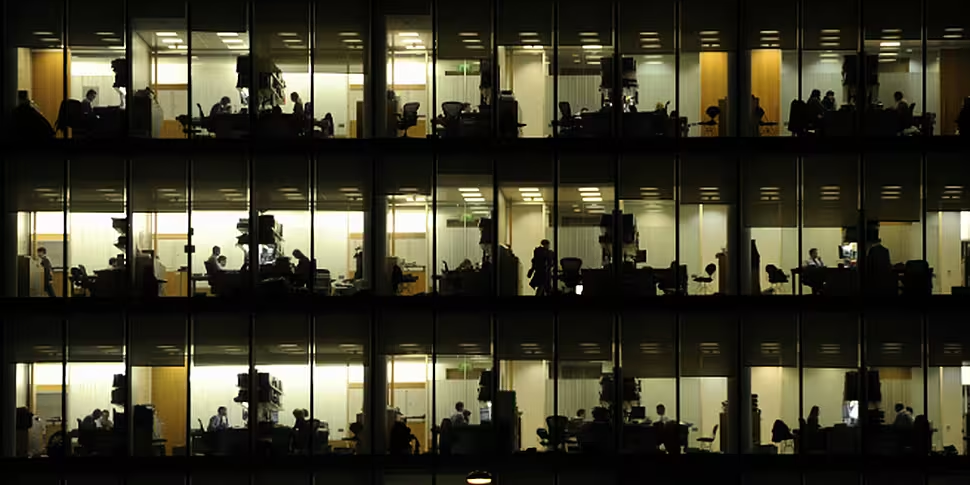A Gothenburg care home wrapped up a two-year trial in which staff worked just six hours a day came to a close last week, with the expense likely to put paid to hopes that it will continue.
The experiment in the Swedish city did show that employees were healthier, happier and provided a better quality of care with the reduced hours – and no pay cut – though it naturally required seventeen more nurses to be taken on to cover all shifts.
This 25% increase in the workforce cost the care home €700,000 annually, which was covered by taxes.
Daniel Bernmar, leader of the Left party on Gothenburg city council, admitted on High Noon that, though he is in favour of the reduction, the reality is that expenses will prevent the idea spreading for now.
"In the short-term? No. Because it's still expensive, let's be honest. What our project shows however] is that the cost is not as big as we feared. So that's, I think, one of the main preliminary results at least."
He also corrected reports that the trial had been cancelled.
"It was a project for two years. There's sort of a big difference in my book. We ended it because it was supposed to end in January of this year."
Turning to the positives, Bernmar explained:
"We wanted to see how much of the cost we could negate with other positive effects... Positive effects on sick leave, positive effects on the quality of care, positive effects on the health of the staff on creating new jobs."
He noted that the trial had shown people were taking less sick leave and suggested it would prevent people from taking early retirement due to the improved working environment.
Bernmar noted that several private enterprises in the locality had actually adopted the six-hour workday as a result.
"We don't see a productivity gain in elderly care or children's care but you can see a productivity gain in an operating theatre... or in a workshop for cars [because you can have two six-hour shifts, rather than one eight-hour shift].
"They are gaining higher productivity. So it depends on which end you look at it...
"It's not obvious that working longer hours is actually the most efficient way of working."
Last May, an iReach study found that 66% of Irish people think their day is too long and would favour fewer hours.
Most people work an average eight-hour day but believe their productivity would increase if this was reduced by around two hours.









